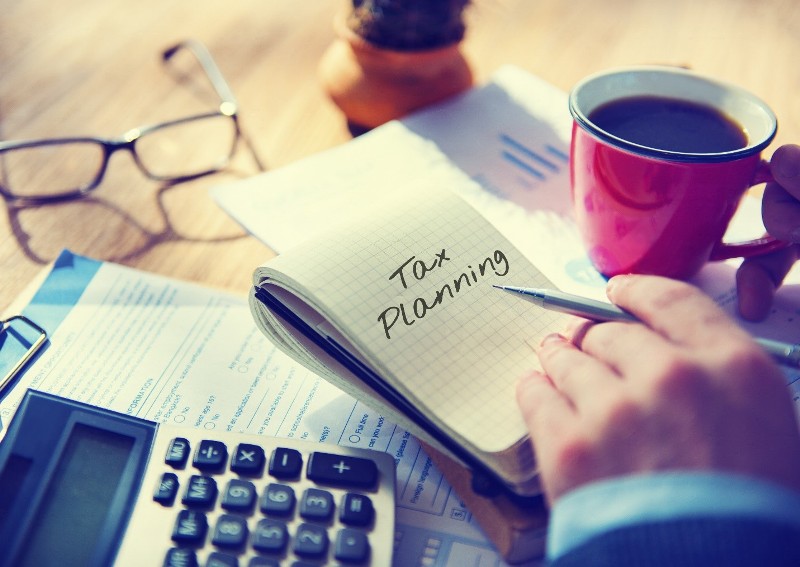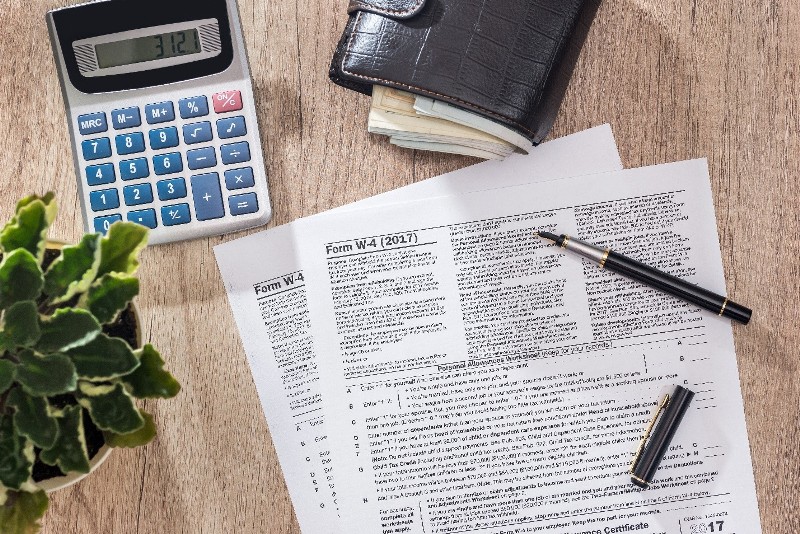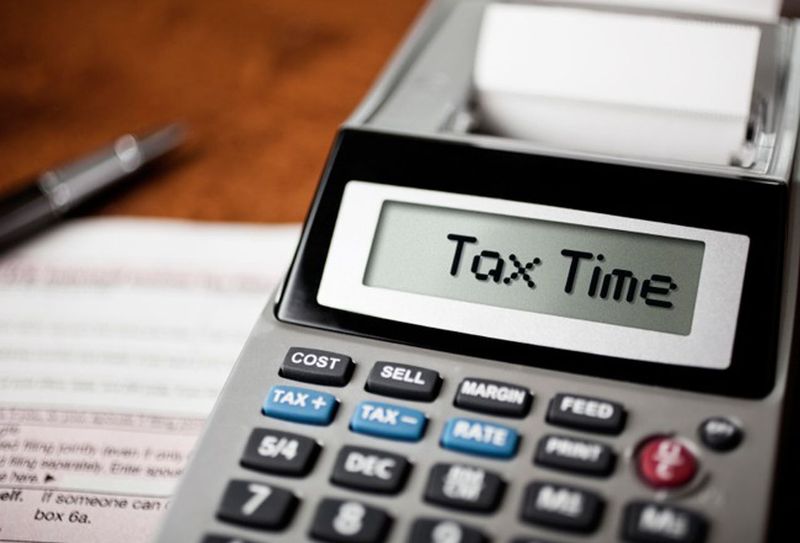Ambitious moms looking to earn a little extra income on the side find plenty of ways to pimp out their homes. But instead of renting our your garage or charging for a scenic picnic in your countryside pasture, why not take your business idea to the next level and actually lease out a rental property away from you main residence (and away from your children!)?
Becoming a landlord is a rewarding position, whether it’s your property or someone else’s that you’re managing—especially for moms who double in hospitality and business management. You get to provide a space to live for tenants in need, and they get to provide you with supplemental income for you and your family to enjoy.
There’s only one catch: You can’t forget to file your taxes as a landlord, considering it’s essentially a small business you’re running. If the thought of filing your own income’s household is stressful enough, don’t be overwhelmed. We’re here to breakdown the key essentials for you.

Watch for tax breaks
You know all about the parental tax breaks you should be looking for, but how about for your rental property? If this is your first time filing landlord taxes, there’s probably a wealth of deductions you’re not yet aware of.
For example, if you didn’t purchase your rental property outright, you probably have an outstanding mortgage balance. Any mortgage interest payments you make can be deducted as a rental expense. (Tip: This applies to all homeowners, but it’s especially relevant for landlords to take advantage of, since it’s usually the largest deduction you can claim.)
Talk to your account, CPA, or read through the tax codes yourself to understand the various rental tax deductions that might be available to you, helping you earn back more money and keep your business in the green. Some common examples include:
- Travel to and from properties
- Property improvements or repairs
- Home office expenses
- Legal fees and casualty losses
- Wages for employees and independent contractors
Bump up your bookkeeping game
When you submit your taxes and claim your rental tax deductions, you’ll do so using the IRS Form 1040. Don’t forget to keep records of any and all documents necessary to support your claims; failing to do so could lead to an audit, a time-consuming process that is neither cheap nor fun.
On Schedule E of Form 1040, list your total income, expenses (advertising, insurance, repairs, taxes, etc.), and depreciation for your rental property. For each item, you’ll need to show appropriate records. Your thorough bookkeeping records should include rent checks, financial statements, receipts, and more. If you don’t have paperwork that proves a deductible expense, don’t claim it—you might wind up incurring additional taxes and penalties that could cost a lot more than you would have saved.
When to withhold
Most employed people don’t have to think about how much to pay Uncle Sam when tax season rolls around; they simply fill out a W-4 Form with their employer, who then deducts an appropriate amount of income from their paycheck based on their specified withholdings. As a self-employed landlord, you’ll be responsible for withholding enough money from your income to pay off your tax obligation when it comes time.

You’ll be required to pay income tax on any profit your rental property makes within a given year, so track these numbers carefully. The amount of tax you’ll be required to pay on your rental income will depend on your tax bracket. For example, the Legal Encyclopedia at Nolo.com explains, “If your top bracket is 24% and your annual rental profit is $4,168, you’ll owe $1,000 in income tax. If you expect to owe at least $1,000 in income tax on your profit, you are supposed to prepay these taxes to the IRS during the year.”
You can prepay your IRS taxes in one of two ways: by increasing your withholding or paying an estimated tax. Most landlords opt for the latter option, since having money pulled from your paychecks could be disadvantageous in the event that your profits plummet due to unexpected vacancies or repair, causing you to overpay, and wait on a return on the interest-free loan you gave the IRS. Talk to your financial advisor to discuss what’s best for you and your rental property.
Unless you’re part of the 47% of Americans who don’t pay income tax, you’ll owe the federal government a bit (or a lot) of money for profits turned on your rental property. The landlord business can be a lucrative one for busy moms—you just need to know when, how, and how much you can save.

